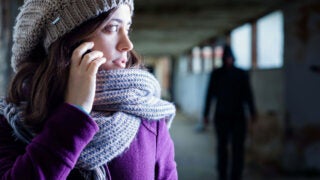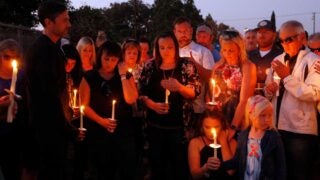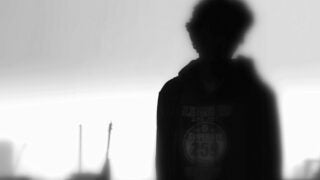Health
Though it may seem like a global pandemic and the genocide of a people have very little in common, the long-lingering effects of trauma on survivors are similar.
May 14, 2021





